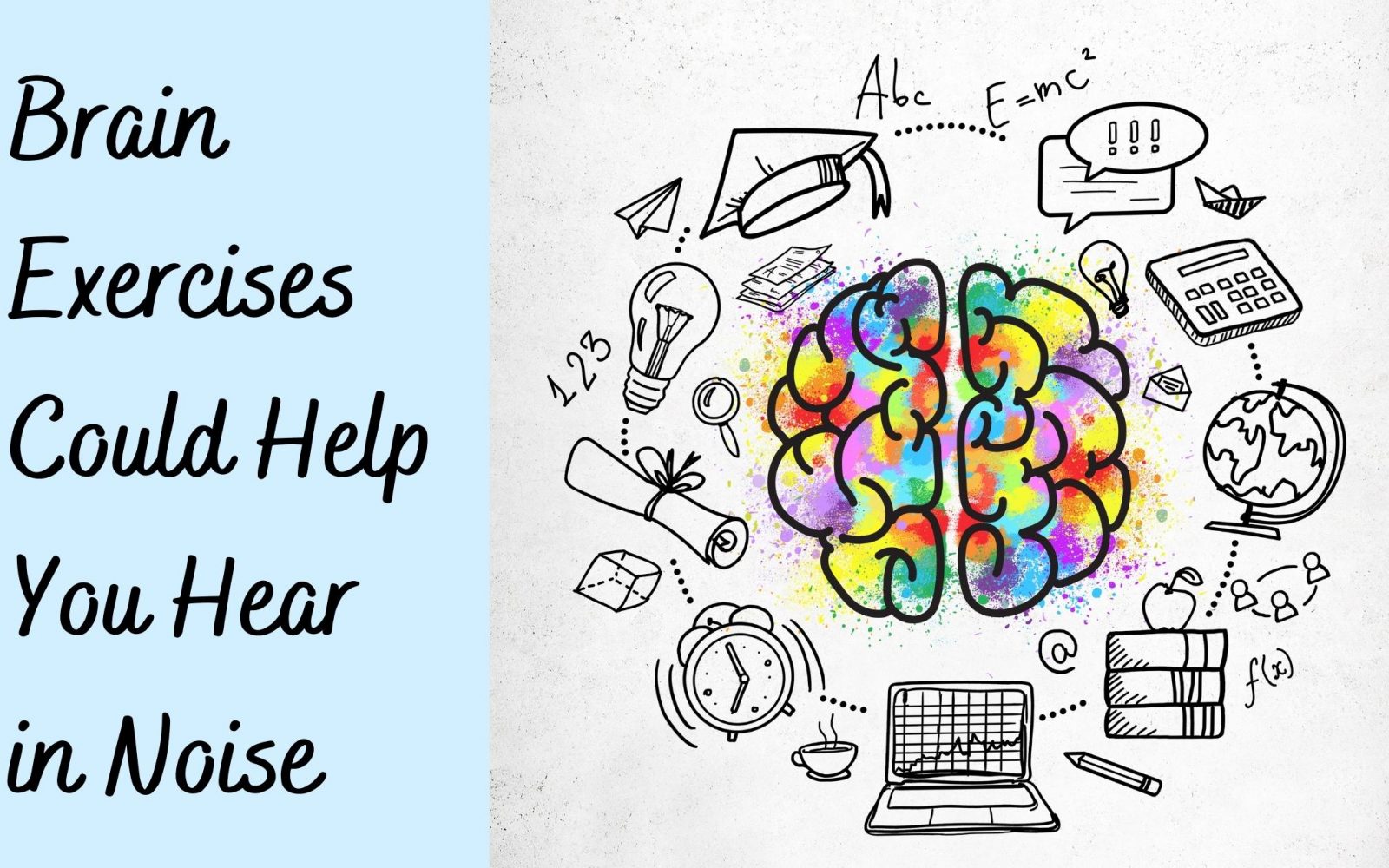When Should I Update My Hearing Aids?
If you’ve been wearing hearing aids for a while, you’re

By: admin | December 27, 2021

If you've ever tried to have a conversation in a busy restaurant or bar, you know how stressful it can be to have to shout your way through the noise. If you have hearing loss, you'll face a whole new set of challenges when it comes to listening.
Difficulty hearing speech in noisy environments is one of the early indicators of hearing loss. Even with the aid of hearing aids, this can be difficult. It's vital to remember that we listen with our brains rather than our ears.
Even if our ears don't work as well as they once did, we can do exercises to improve our ability to understand speech in a noisy environment. While these exercises will not restore our hearing, they will undoubtedly sharpen our minds, mainly when used with hearing aids to focus on the sounds we need to hear to follow speech and push noise to the background.
The most common type of hearing loss is sensorineural hearing loss. This condition affects the inner ear, which provides auditory information to the brain for processing. The loss of only a few tones, consonants, or pitches is common in many types of hearing loss.
This fight can become increasingly difficult as hearing loss increases. As a result, the brain is compelled to interpret sound with inadequate information, increasing cognitive load, and mental fatigue. Hearing aids are beneficial in treating sensorineural hearing loss. They are specially configured to amplify the exact noises that create difficulty and convey the signal to the inner ear, sending it to the brain.
Hearing aids have been shown to increase people's hearing capacity, but they require some getting accustomed to. Even with the extra amplification, it takes practice to hear in busy environments. Hearing aids often require patients to relearn how to hear, especially if their hearing loss has gone untreated for years.
The more you utilize your brain, the sharper and faster it develops, much like a muscle. However, using simple exercises, people can hear conversations considerably more clearly in noisy environments. These exercises are used to assist the brain focus on the sounds you wish to hear while pushing out the other noises. These listening exercises will not restore hearing loss. Still, they will assist hearing aid users in restoring compression by reconnecting missing connections.
In a noisy indoor or outdoor environment, recognizing the direction from which sound is coming can be particularly difficult for those with hearing problems. This is known as localization, and it can become a safety and health hazard if it is compromised. This is why those with hearing loss are more likely to stumble, get into accidents, and end up in the hospital.
Playing a sound over a speaker in a room is one approach to improve localization. Then, from a separate room in the house, play another sound. Request that a family member or friend read a book while walking around the house. Close your eyes and repeat what they're saying.
These practices can equip you with the skills necessary to improve your localization abilities over time.
A lot of listening skills can be practiced at home. You can download various apps to help you practice listening and improve your auditory relationships. AB CLIX, for example, is an app that helps you practice discriminating between words in both quiet and noisy situations. Sound-focused games are utilized in the HAPPYNeuron app to help you recall, concentrate, and react confidently to sound.
Above all, don't dismiss your hearing problems. If you feel you have even a minor hearing loss, make an appointment for a hearing test as soon as possible.
Hearing tests are painless and straightforward, and they can detect a hearing loss before it causes significant communication problems. Have your hearing checked every year, regardless of your age, to keep your mind alert and on top of any potential hearing concerns.
Contact us today to set up a hearing test!

If you’ve been wearing hearing aids for a while, you’re
By: admin | May 5, 2022

According to a World Health Organization estimate, about 466 million
By: admin | May 5, 2022

The following scenario will be familiar to anyone who suffers from hearing
By: admin | March 22, 2022
